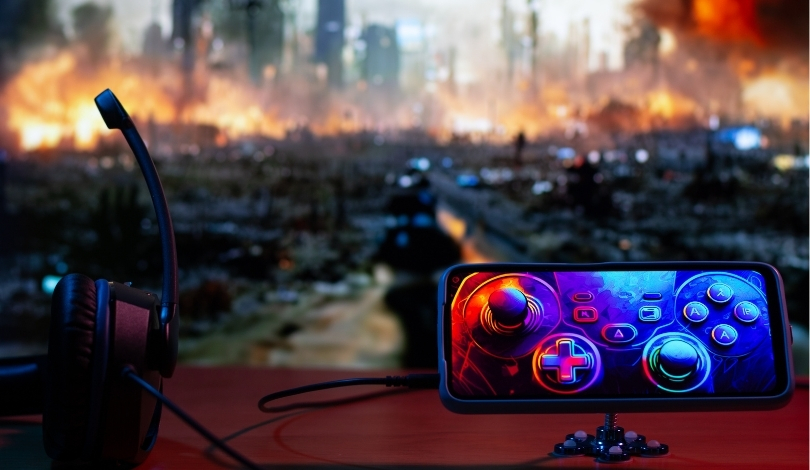The world of engineering puzzle games welcomes a significant update as ABI-DOS transitions to a free-to-play model. Initially launched in November 2024, the game drew attention for its intricate system-building mechanics reminiscent of Zachtronics titles. This move aims to make the game accessible to a wider audience, encouraging more players to engage with its complex, code-based challenges.
Similar titles in the genre have historically struggled with limited sales despite critical acclaim. By removing the price barrier, ABI-DOS aligns itself with a growing trend among niche developers to prioritize community expansion over immediate revenue. This strategy may set a precedent for how specialized games approach market reach in the future.
Why Did ABI-DOS Become Free?
The creator of ABI-DOS cited modest sales as a primary reason for making the game free.
“While there was a slight increase in sales during the Winter sale, the numbers remain low. This decision is final: the game will remain free forever,”
stated the developer on Steam. They emphasized that the game’s quality remains intact and that the change is not a reflection of its reception.
How Have Players Responded to the Change?
Player feedback has been largely positive, with many appreciating the accessibility that the free model provides. The decision has allowed a broader audience to experience the game’s unique mechanics without financial commitment, potentially increasing its community and longevity in the gaming market.
What’s Next for the Developer and Coincidence?
With ABI-DOS now free, the developer plans to focus on maintaining the game by addressing bugs. Meanwhile, former Zachtronics team members have ventured into tabletop gaming with Coincidence. Their digital offering, Add Astra, continues to blend educational elements with engaging gameplay, indicating a diversified approach to game development.
Expanding the accessibility of ABI-DOS not only benefits players but also sets an example for other developers in niche genres. By removing financial barriers, developers can foster a more inclusive and engaged community, which may lead to sustained interest and support for complex puzzle games.
The shift to a free model could enhance the game’s visibility and player base, ensuring its place in the evolving landscape of engineering puzzle games. As developers like those behind ABI-DOS adapt to market demands, the future of niche gaming looks promising with increased accessibility and community engagement.










